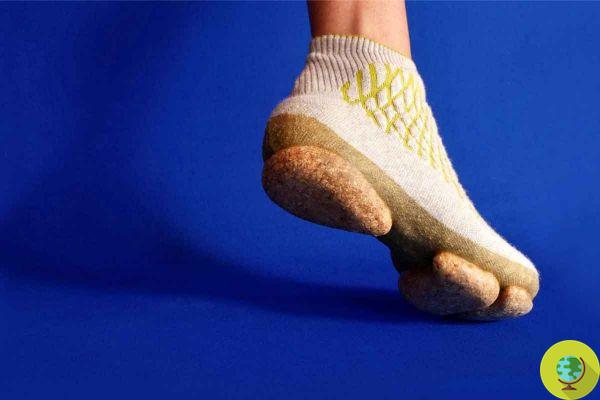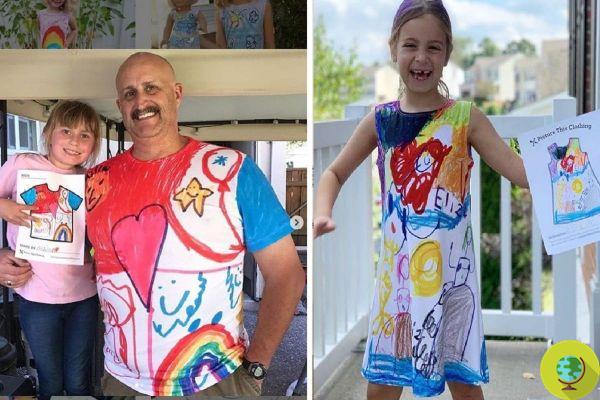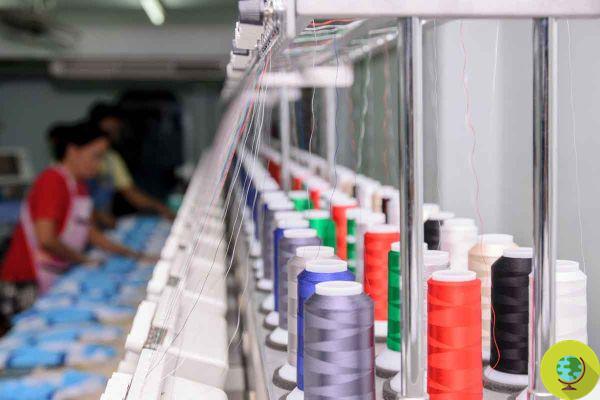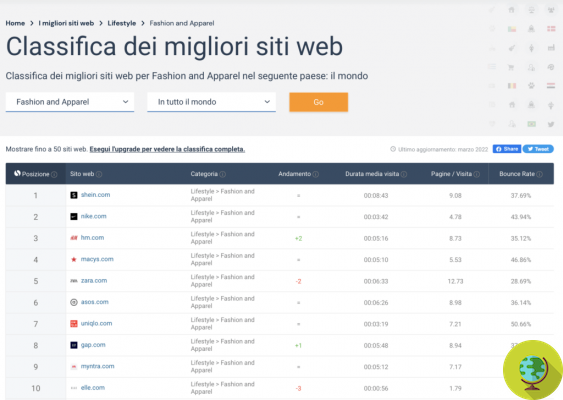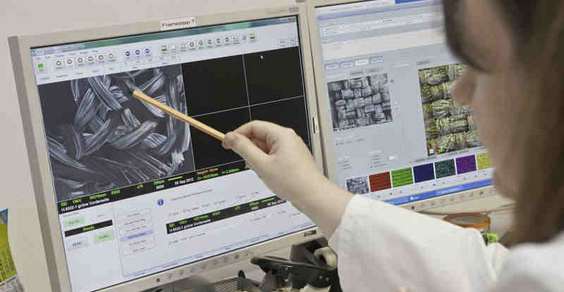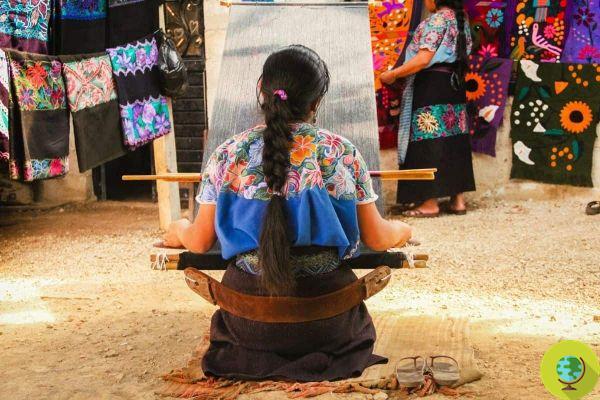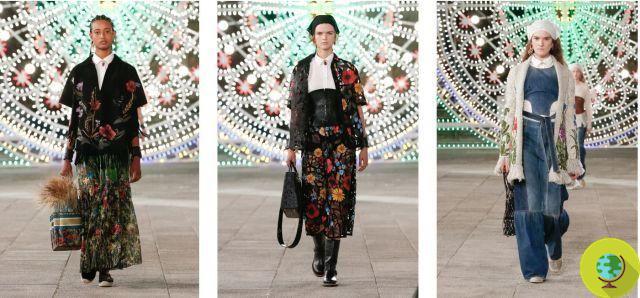
Bangladesh is one of the areas of the world where the fashion industry bases a large part of its production and where the rights of workers, with particular reference to safety, are scarcely respected. To improve the conditions of workers, an agreement for the improvement of safety in the workplace was presented, called Accord on Fire & Building Safety in Bangladesh, which numerous brands and distributors in the fashion world have not yet decided to sign.
Don't store avocado like this: it's dangerous
Il Bangladesh is one of the areas of the world where thefashion industry bases a large part of its production and in which i workers rights, with particular reference to workplace safety, are poorly respected. An agreement for the improvement of safety in the workplace, called Accord on Fire & Building Safety in Bangladesh, which numerous brands and distributors in the fashion world have not yet decided to subscribe to.
Many companies, by not signing the agreement, would be shying away from declaring themselves required to respond legally the working conditions in Bangladesh factories that they would use. On April 24th, 1127 workers employees in a clothing factory died following the collapse of the building branch square. They are in total 15 companies that stand out for their opposition to joining the agreement, In accordance to reported by Listen.
1) Gap has currently decided not to sign the agreement. It seems that the company would adhere to the agreement only if it were non-binding. Gap's behavior differs from what was put in place by rival brands, such as Zara, H&M and Mango, which have decided to commit themselves financially to the construction of works to improve occupational safety in Bangladesh.
2) Walmart, one of the largest apparel distributors, reportedly blocked a proposal to involve retailers globally in offering help to improve electrical safety and fire safety in Bangladeshi factories, while continuing to oppose the signing of any liability agreement.
3) Fast Retailing, the largest Asian clothing retailer, said it has not yet decided whether to join the agreement to improve occupational safety in Bangladesh. The company would prefer to act on it itself, staying out of the deal.
4) Target has decided to renounce the signing of the safety agreement, in favor of its own set of proposals for the improvement of standards, continuing along the path already undertaken previously.
5) Sears he would have declared his refusal to sign the agreement, turning to a preliminary discussion in place of it to identify an alternative together with commercial distribution associations located in North America.
6) Macy’s it adds to the distributors who have decided to follow their own path, arguing that less than 5% of the clothing that bears their own brand is produced in Bangladesh, with the intention of continuing to ensure high safety standards for workers.
7) Koll's, while not appearing willing to sign the agreement, claims that it is already making efforts to ensure that the products sold are made according to ethical conditions. She would also be participating in a different deal proposed by the National Retail Federation.
8) Forever 21 probably will not sign any agreements related to the safety of Bangladeshi workers, as speculated by Listen, nor other agreements that can promote the protection of workers.
9) American Eagle is a member of the Fair Labor Association, an independent monitoring agency that conducts external assessments of workers' conditions in companies. Although American Eagle states that its workers should be treated with dignity and respect, it does not appear among the signatories of the agreement at the moment.
10) Carter’s it is among the clothing distributors that will not sign the agreement for Bangladesh. Previously Carter's would have already been involved in episodes of exploitation of workers and in the fire in a factory in Bangladesh which resulted in the death of 29 workers, who had been unable to escape due to the locking of the access doors to the stairs.
11) The Children’s Place denies that its products were being manufactured within the Rana Plaza plant at the time of the collapse. Yet, documents and labels were found in the rubble that lead back to the distribution chain, which boasts over 1000 points of sale.
12) Foot Locker, despite its significant presence in Bangladesh for the production of sportswear, distributed in over 1900 stores in 21 countries around the world, has denied its participation in the agreement.
13) JCPenney is one of the chain stores whose products were manufactured within That's It Sportswear, the factory that caught fire in Bangladesh in December 2010, and is at the same time a partner of Joe Fresh, whose products were being built at Rana Plaza at the time of the collapse. He will carry out security inspections himself, but is not currently a signatory to the agreement.
14) Aeropostale has not issued any declaration regarding the signing of the agreement or its rejection. The production of the brand's clothing takes place in a number of developing countries, including Bangladesh.
15) VF Corp., that owns The North Face, Timberland e Wrangler, is currently still using a Bangladeshi factory, where inspectors from Walmart and Inditex (which includes the Zara brand, among others) had revealed cracks in the walls earlier this month.
Marta Albè
Source and photos: Ecouterre.com
READ also:
Bangladesh: an announced tragedy
Ethical fashion: the desire for sustainability is growing among the big brands
Disaster in Dhaka: an agreement is urgently needed for safety in fashion factories





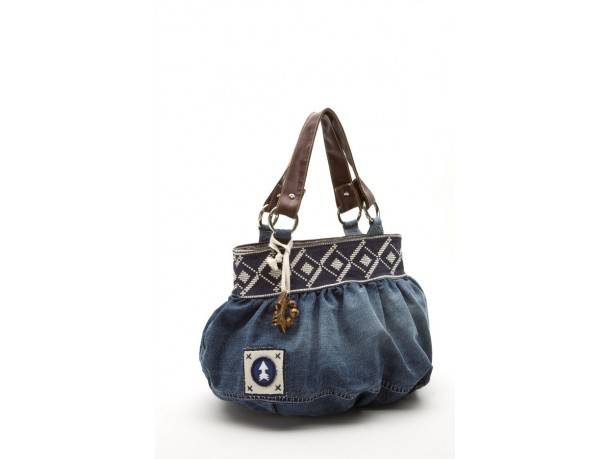

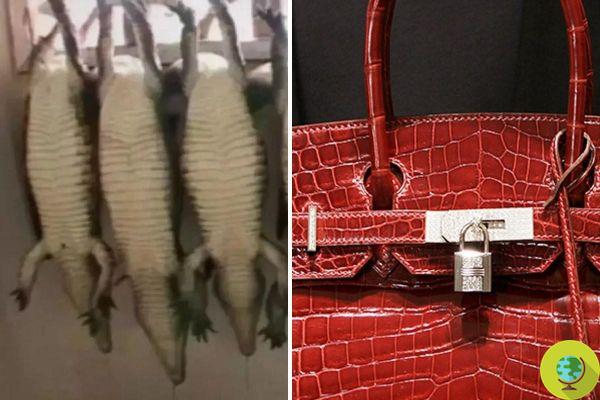
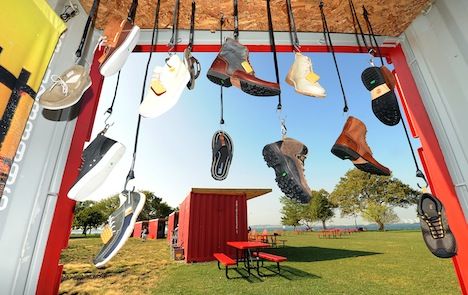

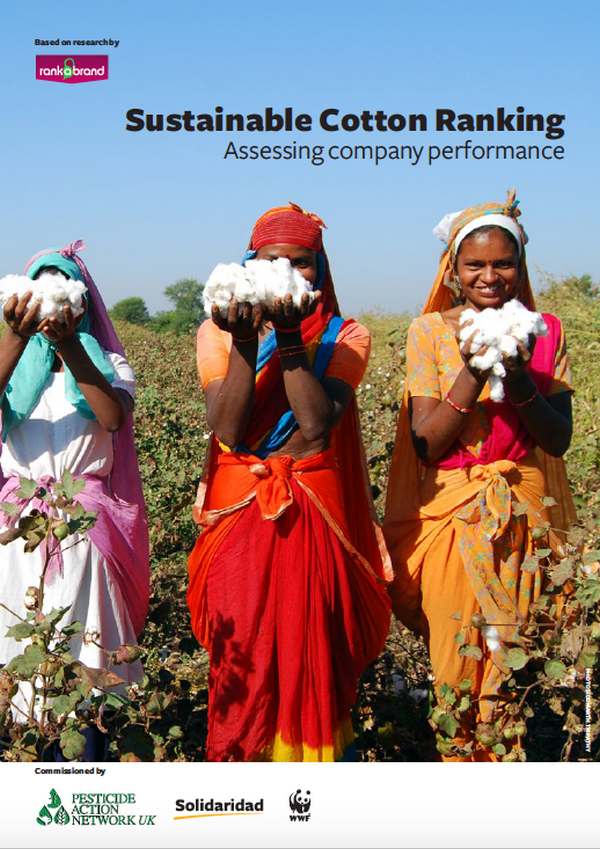
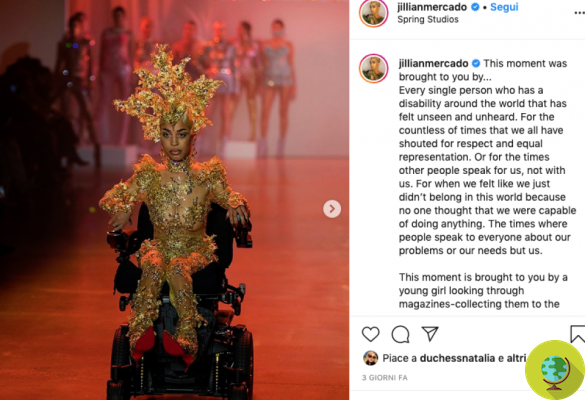
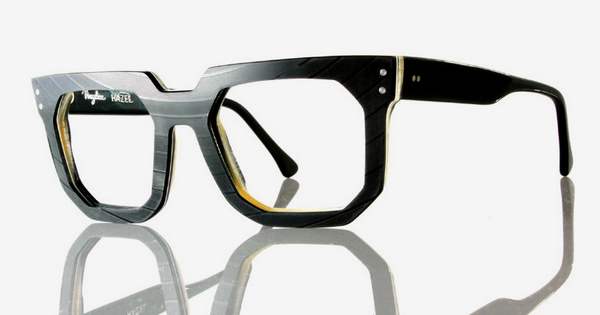
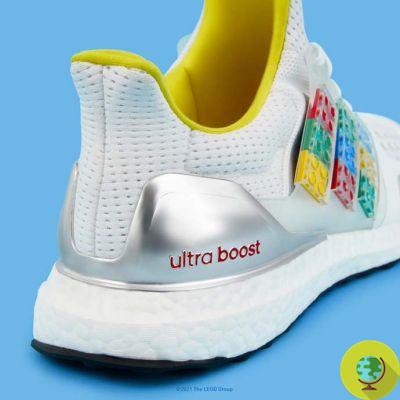

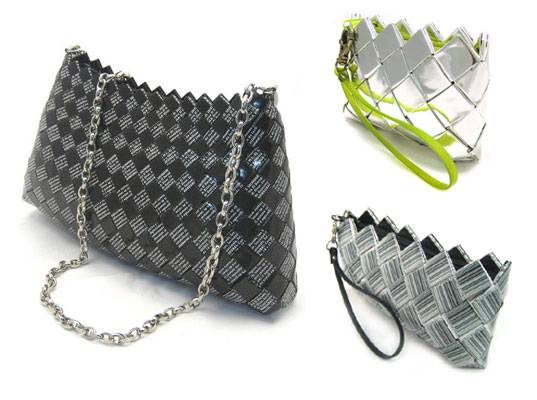
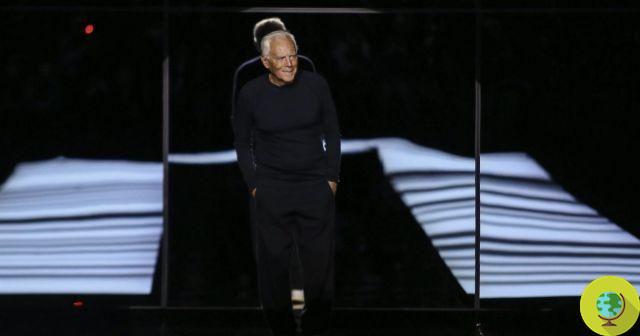
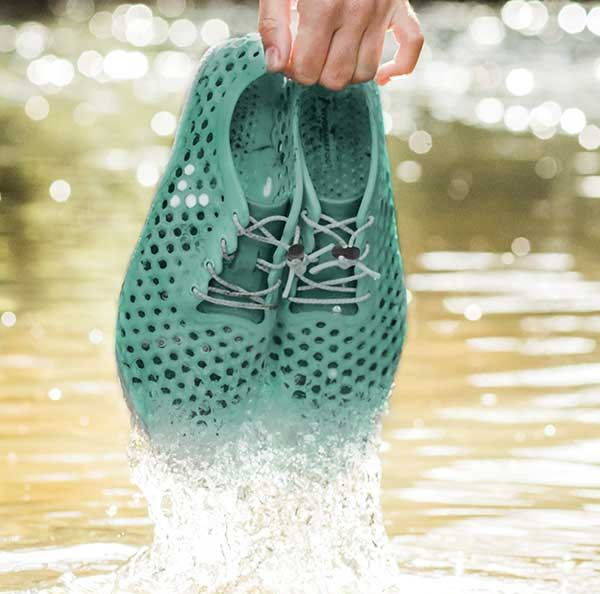
![Vivienne Westwood has a message for all the powerful ahead of COP26 [VIDEO]](/images/posts/221fa8f5dd2d21a4210e6b9071546b56-0.jpg)
